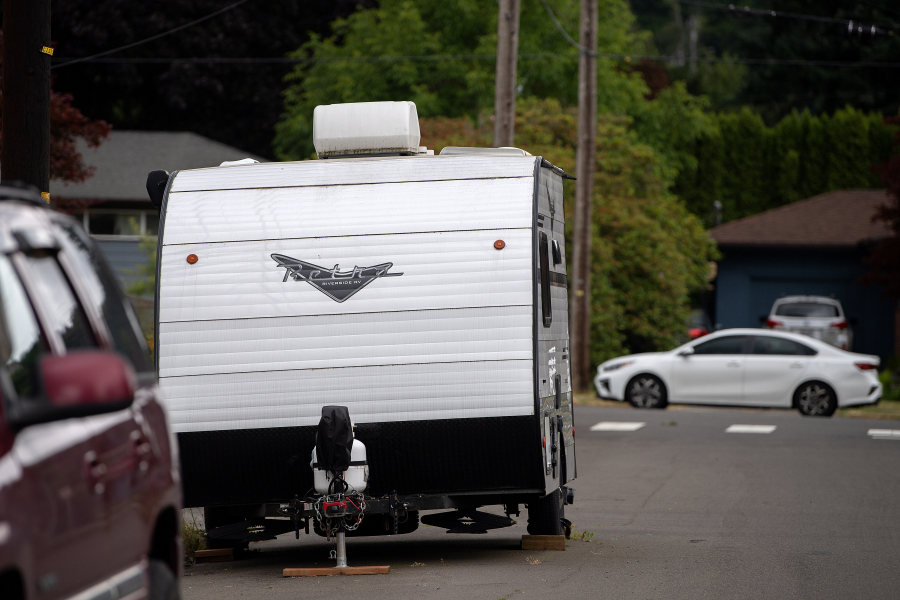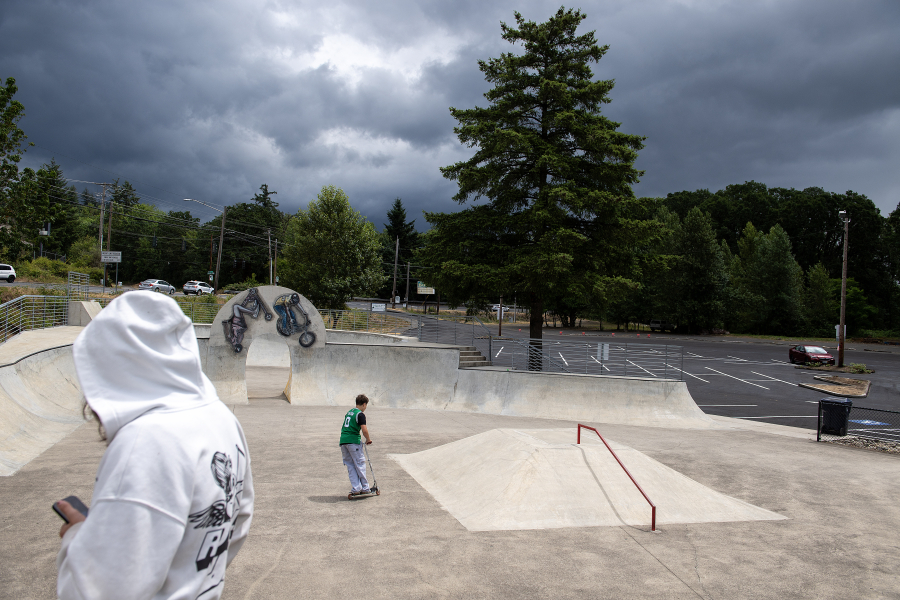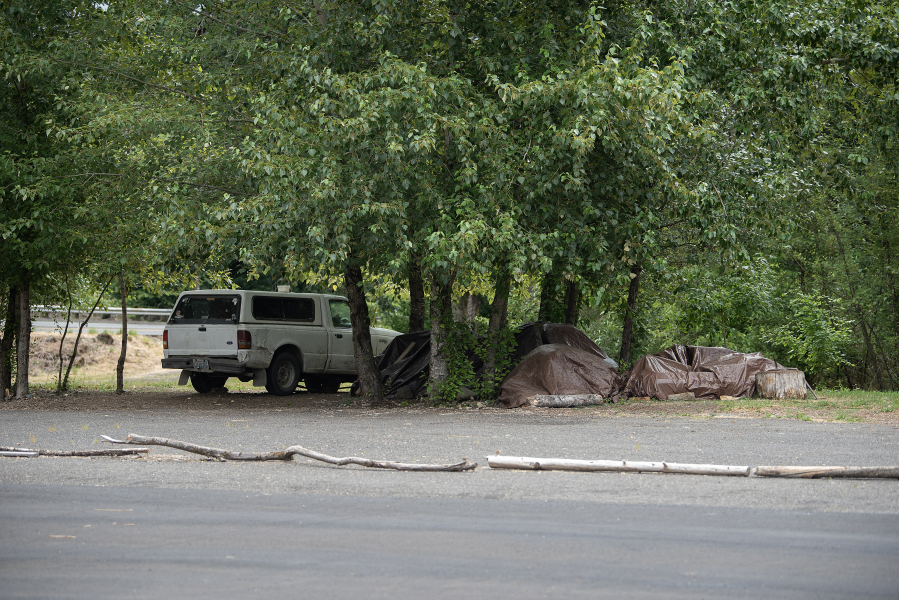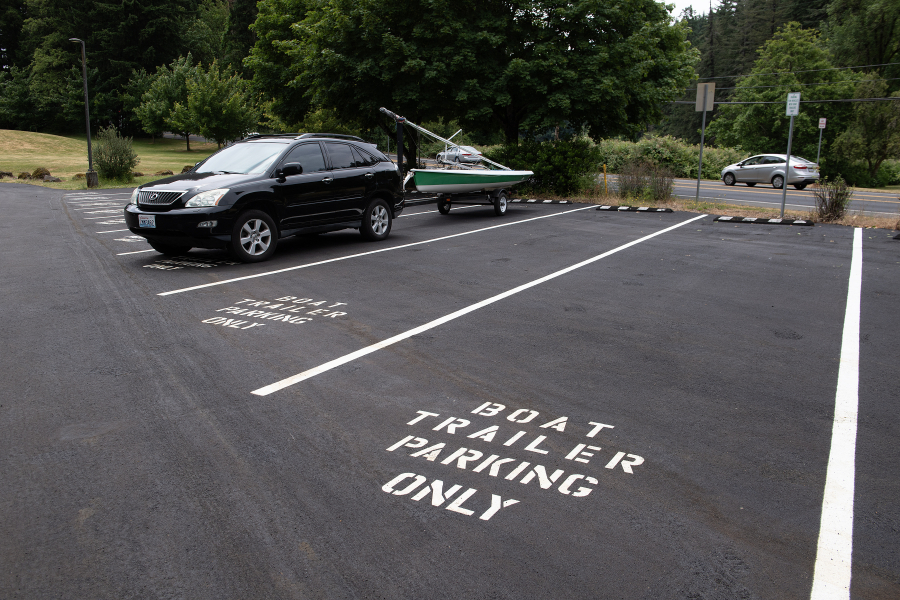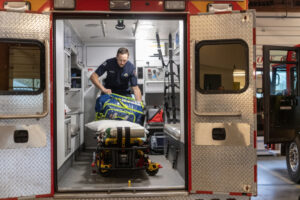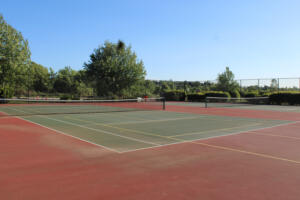Recreational vehicle owners living in or visiting Camas may be surprised by a new law limiting RV and trailer parking, storage and occupancy within the city limits, including on private property.
The new law prohibits RV and trailer parking in city parks, including parking lots, unless there are spaces specifically designated for such vehicles.
Parking campers, motor homes and boat trailers on public streets is now restricted to 24 hours or fewer, and the vehicle cannot be occupied while parked on a public street, meaning guests can’t sleep in an RV parked in front of a home.
Camas City Council members passed the ordinance 6-1 — with Councilor Martin Elzingre casting the sole “no” vote — at the council’s June 16 meeting.
The rules also have changed for private property owners in Camas. Under the new law, which carries penalties of up to $250 for a first offense, RVs and trailers must either be parked in a garage or carport or on a paved or gravel pad — obscured by a 6-foot-tall fence — in a rear or side yard. Parking in a front yard will only be allowed on a driveway, and the vehicle cannot remain in a driveway for more than 72 hours. Properties larger than half an acre that have landscaping blocking the RV or trailer from the view of any adjacent public street will be exempt from the fence requirement.


